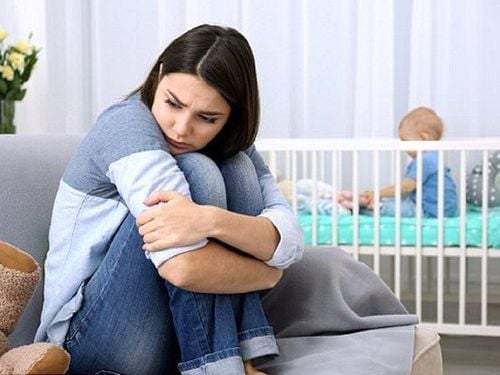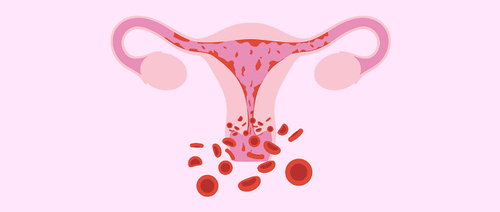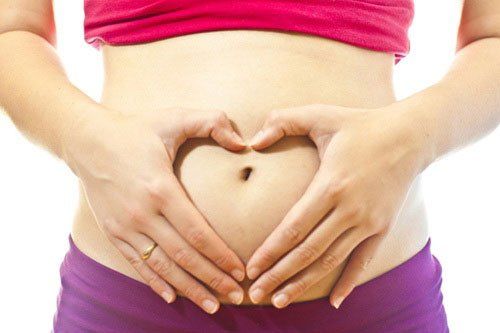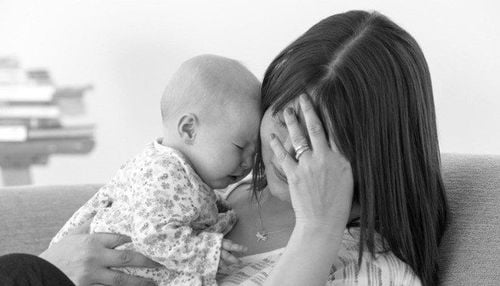This is an automatically translated article.
The article was professionally consulted by Specialist Doctor I Pham Thi Yen - Department of Obstetrics and Gynecology - Vinmec Hai Phong International General Hospital. Doctor has more than 10 years of experience in examination and treatment in the field of Obstetrics and Gynecology.Up to 85% of women have signs of postpartum depression. Most of these symptoms will be transient and relatively mild. However, some cases are persistent leading to many serious consequences affecting both mother and child.
1. Risk of postpartum depression recurrence in subsequent births
Childbearing time is a time when a woman has many obvious psychological and biological changes. The causes of postpartum depression are multifactorial.Due to psychological changes: Those who have a lot of stress during pregnancy until delivery, those who have an unhappy married life, lack of attention and support from family members, but specifically The most important thing here is that the husband will be very susceptible to postpartum depression. People with a history of mental illness: People who have experienced depression during pregnancy have a very high risk of postpartum depression. Due to changes in the body: after childbirth, the hormones (namely estrogen and progesterone), cortisol decrease rapidly and markedly. Thyroid hormone also plummets making the body become tired, sluggish and depressed.
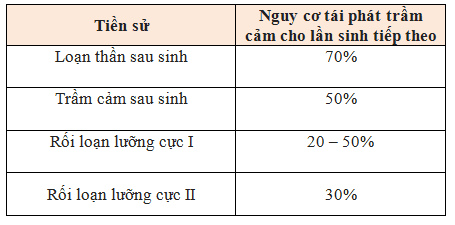
2. Identify postpartum depression to have a way to prevent it
The early signs of depression are as follows:Body weakness: Many women feel distressed and hopeless after giving birth, even crying all day without any specific reason. chief. Feeling abandoned by family and society. Depressed women may fall into a constant state of fatigue, indifference to housework. They do not want to bathe, groom. Anxiety: Debilitated mothers often have many worries, often about their own health. Maybe they feel severe pain somewhere, but the doctor can't find the cause. Usually pain in the head and neck. Mothers have so many health complaints that this adds to their stress. The most common symptoms are pain in certain areas of the body and a feeling of being sick. These symptoms will get worse if left untreated. Mothers often feel stressed and lack of confidence when leaving the house.
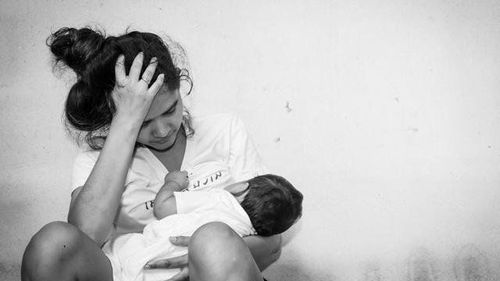
Please dial HOTLINE for more information or register for an appointment HERE. Download MyVinmec app to make appointments faster and to manage your bookings easily.





